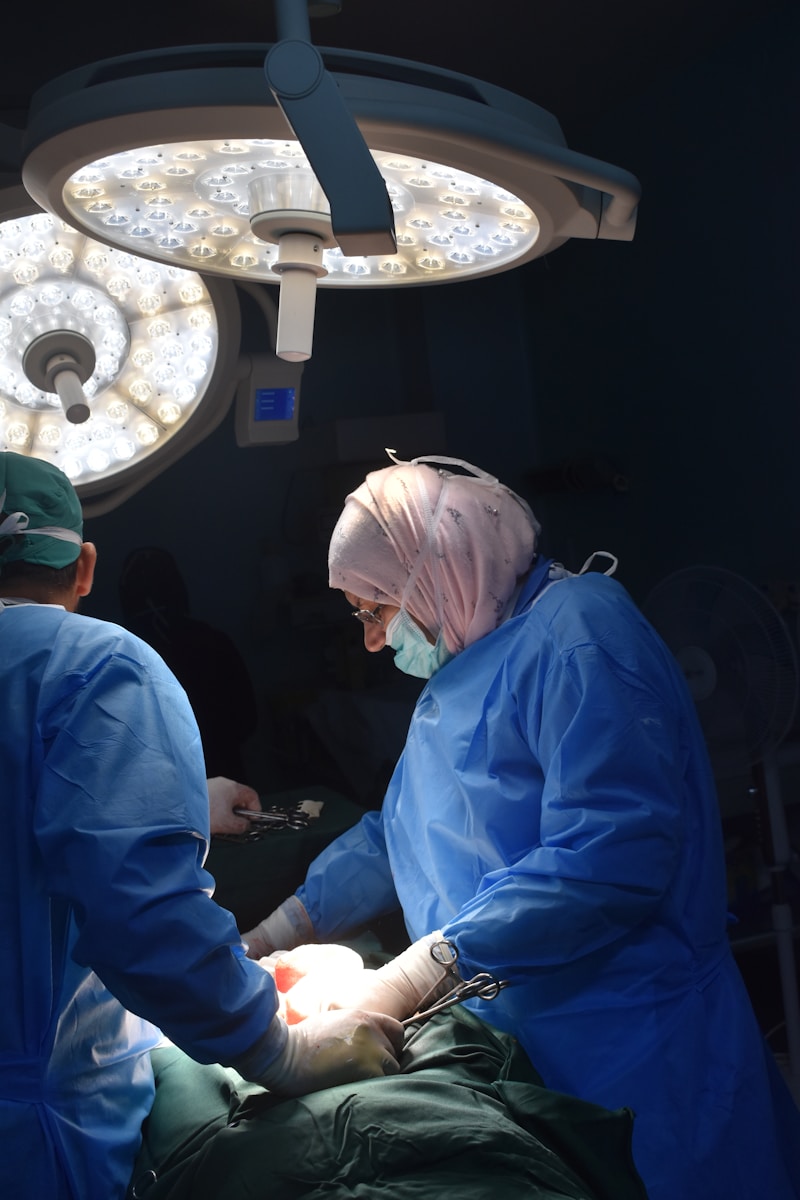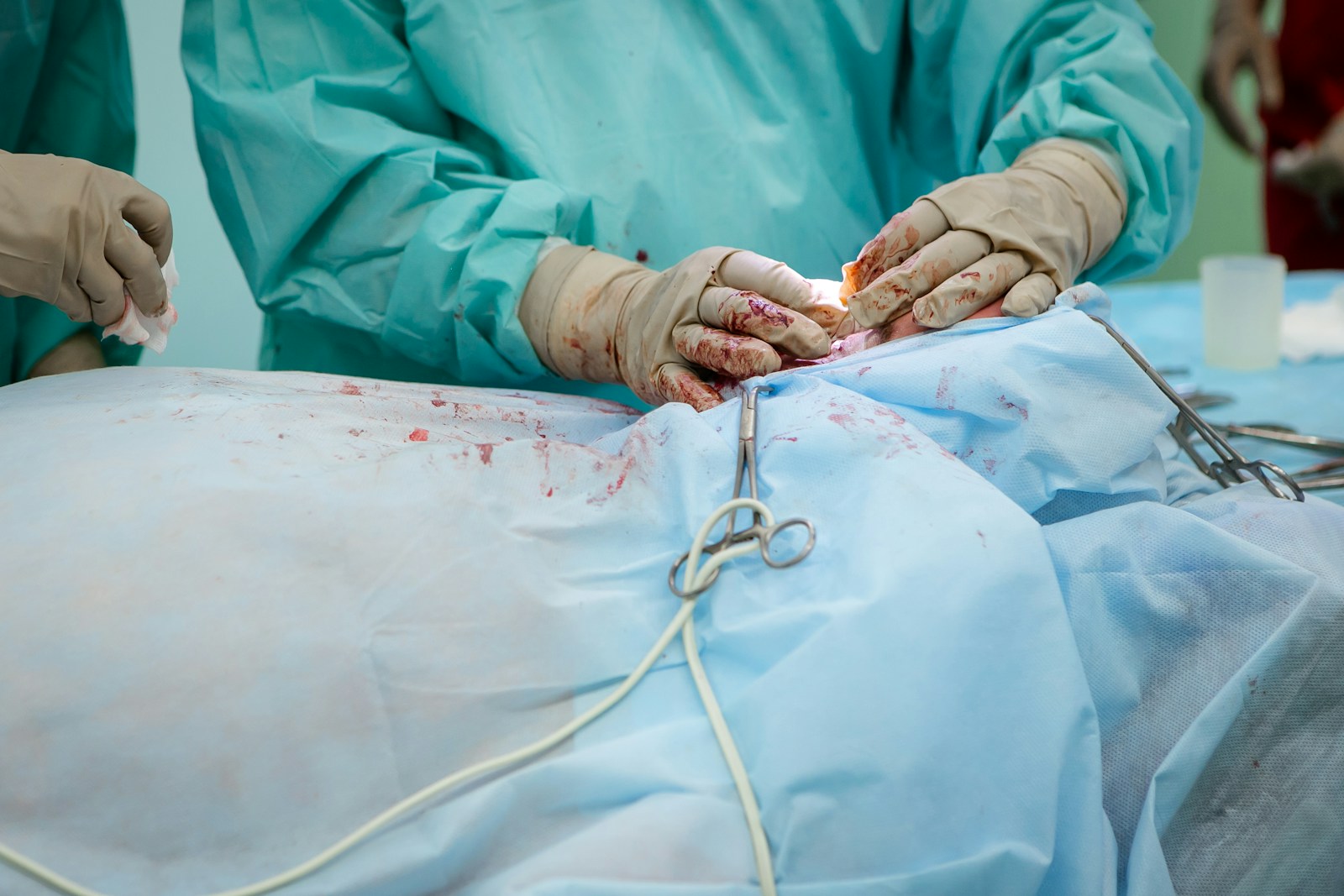In today’s digital age, the demand for advanced medical imaging techniques is skyrocketing globally, and Cone Beam Computed Tomography (CBCT) is at the forefront, revolutionizing how we approach diagnostic procedures. This article dives into the world of global CBCT services, highlighting its ever-expanding access and locations. From Global CBCT Kharadi to Jabalpur, get ready to explore how these services are bringing a new era of precision and accessibility in medical diagnostics.
Exploring the World of Global CBCT Services
 In the ever-evolving landscape of medical diagnostics, the significance of Global CBCT services cannot be overstated. Standing as a testament to technological achievement, Cone Beam Computed Tomography (CBCT) has redefined precision in imaging techniques.
In the ever-evolving landscape of medical diagnostics, the significance of Global CBCT services cannot be overstated. Standing as a testament to technological achievement, Cone Beam Computed Tomography (CBCT) has redefined precision in imaging techniques.
Unlike traditional CT scans, CBCT offers detailed images with a lower dose of radiation, making it a preferred choice across the globe for dental, ENT, and orthopedic diagnostics.
Accessibility to such advanced medical technology was once a hurdle for many regions, but the proliferation of CBCT services worldwide has democratized health care. Facilities from bustling metropolitan centers to smaller towns are now equipped with these state-of-the-art machines. This global expansion means that more patients than ever have access to high-quality diagnostic care, marking a significant step forward in medical equity and patient outcomes.
The Rise of Global CBCT Kharadi: A Closer Look
 Kharadi, once known for its dynamic IT sector, is now making headlines for another reason: becoming a hub for Global CBCT services. This remarkable transformation stems from an increase in demand for high-precision diagnostic tools.
Kharadi, once known for its dynamic IT sector, is now making headlines for another reason: becoming a hub for Global CBCT services. This remarkable transformation stems from an increase in demand for high-precision diagnostic tools.
Medical facilities in Kharadi have embraced CBCT technology, providing patients with access to detailed 3D imaging for various treatments. This surge not only elevates patient care but also invites medical professionals to Kharadi, enriching the local healthcare ecosystem.
The initiative to incorporate Global CBCT into Kharadi's medical infrastructure symbolizes a broader shift towards adopting cutting-edge technology in healthcare, ensuring that patients receive the best possible diagnostic services. Residents no longer need to travel far and wide for comprehensive imaging, as Kharadi now stands at the forefront of advanced medical diagnostics.
Global CBCT Jabalpur: A Beacon of Technological Advancement
 Jabalpur, with its rich history and cultural heritage, is now also recognized for its progressive strides in healthcare technology, particularly the adoption of Global CBCT services.
Jabalpur, with its rich history and cultural heritage, is now also recognized for its progressive strides in healthcare technology, particularly the adoption of Global CBCT services. - This leap forward is significantly enhancing the diagnostic accuracy for dental and skeletal conditions amongst its population.
The introduction of CBCT in Jabalpur not only marks a milestone in local healthcare but also attracts patients from surrounding areas, seeking advanced diagnostic solutions. Jabalpur's commitment to integrating Global CBCT technology exemplifies the city's dedication to improving healthcare access and quality. By providing detailed imagery with minimal radiation exposure, it offers a safer, more precise diagnosis process. This advancement is a testament to how traditional cities can transform into modern healthcare destinations, underscoring the importance of evolving medical technology in improving patient outcomes across the globe.
Navigating Through the Expansion of Global CBCT Locations
The expansion of Global CBCT locations is a testament to the rapidly growing demand for advanced diagnostic services worldwide. This geographical diversification not only ensures that more patients have access to high-quality diagnostics but also reflects the global healthcare sector's adaptability. From bustling urban centers to quiet rural towns, the reach of CBCT technology spans a diverse range of settings, each benefiting from the same level of precision in imaging.
This widespread adoption has broad implications, including reduced travel times for patients, the decentralization of high-tech healthcare services, and the bolstering of local economies through the creation of specialized healthcare jobs.
As more locations join the global network of CBCT services, communities worldwide reap the benefits of accessible, high-quality diagnostics, marking a significant leap towards global healthcare equity.
Accessing Advanced Diagnostics: The Global CBCT Revolution
The Global CBCT revolution is changing the landscape of medical diagnostics, bringing advanced imaging technology within reach of millions. This revolution is characterized by its ability to provide unprecedented access to detailed anatomical information, facilitating accurate diagnoses and personalized treatment plans.
With its low radiation exposure and quick scanning times, CBCT technology is not just an advancement in medical imaging; it's a pivotal shift towards safer, more efficient patient care. This revolution transcends borders, ensuring that whether you are in a major city or a remote village, access to superior diagnostic imaging is becoming a reality.
The growing availability of CBCT services worldwide exemplifies the strides being made in democratizing healthcare, ensuring all patients have the opportunity to benefit from advanced diagnostic tools.
The Future is Here: How Global CBCT is Shaping Modern Medicine
The impact of Global CBCT on modern medicine is profound, ushering in a new era where accuracy and patient safety are paramount. This technology is not just enhancing the quality of diagnostics but also shaping the future of treatment planning and surgical precision.
The detailed 3D images produced by CBCT scanners allow healthcare professionals to navigate complex anatomical structures with confidence, leading to better outcomes for patients. Furthermore, the integration of CBCT technology into routine diagnostics is fostering innovation in medical research and education, providing a richer understanding of human anatomy.
As the adoption of Global CBCT becomes more widespread, its role in advancing medical science and improving patient care continues to grow. This technology is not just a tool; it's a catalyst for change, driving progress in every facet of healthcare and ensuring that the future of medicine is brighter and more accessible than ever before.